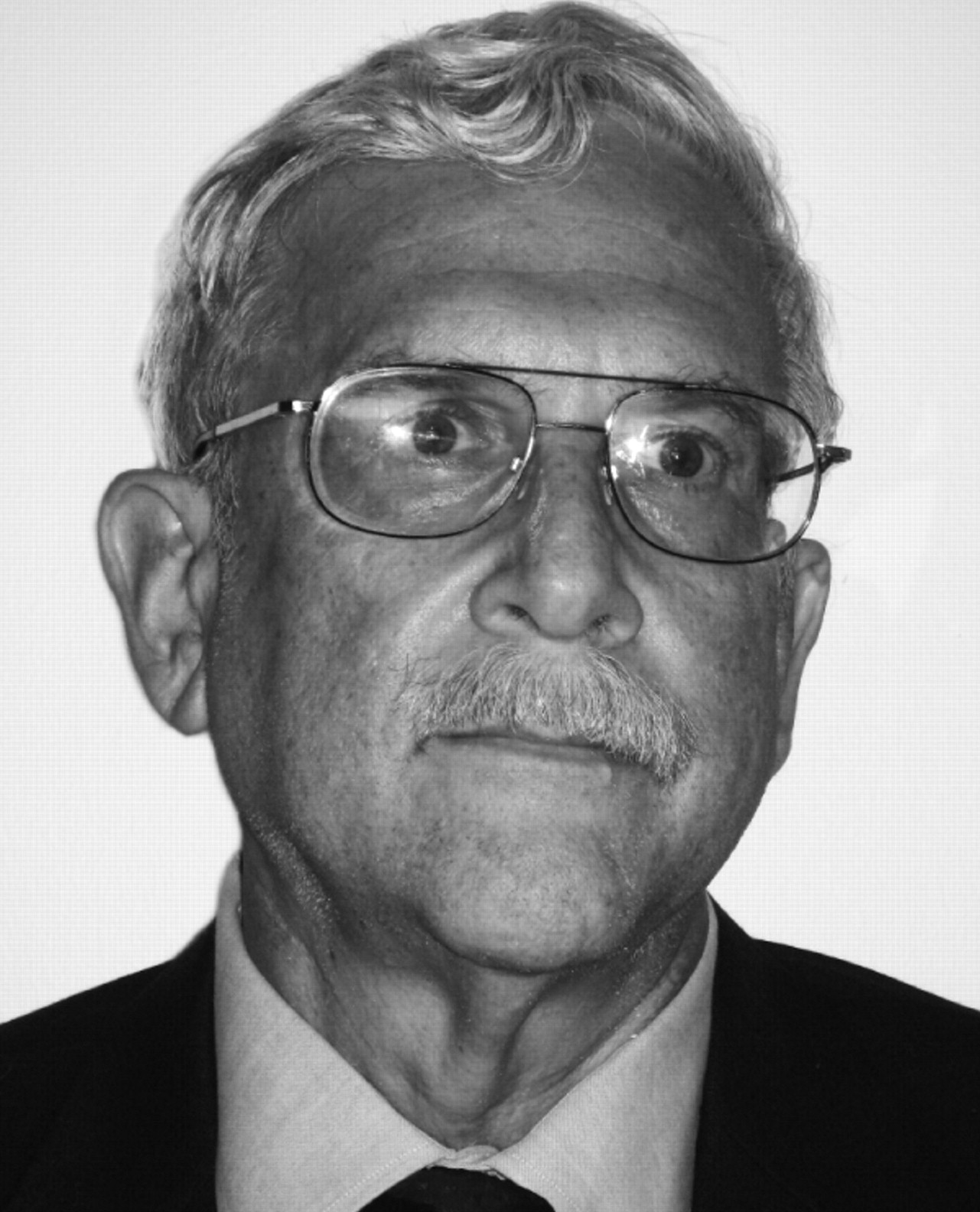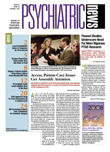My commitment as trustee from Area 5 is to participate with the APA leadership by working closely with other medically based organizations and interacting more aggressively with the governmental entities that fund preventative and treatment-oriented medical and mental health care. Such efforts emphasize that psychiatrists are an integral part of the medical community and the overall health care system. This also allows an affirmative approach to scope of practice issues.
My career path as a physician-psychiatrist is broad and varied. I served as a United States Navy diving and submarine medical officer. In this position I dealt with physical and mental illnesses, often present in combination. Then, for more than a decade, I served as a medical-psychiatric researcher and clinician with the National Institute on Drug Abuse (NIDA).
By 1982, physician-psychiatrists recognized that HIV could be spread by the sharing of needles as well as by sexual transmission. As a result of this clinical correlation, I was assigned Chief, Epidemiology Branch at the National Institute of Allergy and Infectious Diseases (NIAID); I was a board certified psychiatrist functioning in a psychiatric and medical role.
My medical knowledge meant being able to assess the physical and emotional consequences of manmade and natural diseases. My last five years of government service were spent dealing with preparedness for and responses to national and international disasters.
In 1992, after completing my government service, I became a private practitioner in a suburb of New Orleans, where post-Katrina I continue to specialize in evaluating and treating patients who have developed psychiatric or neuropsychiatric problems as a result of physical injury, chronic illness, or traumatic incidents.
I am also an attorney. This knowledge base allows me to understand and successfully deal with the workers' compensation system, insurance companies, and the courts.
In the aftermath of Hurricane Katrina in 2005, I had the opportunity to meet senior members of APA, National Alliance on Mental Illness (NAMI), National Institute of Mental Health (NIMH), and congressional and Senate leaders. It was during this time that I came to appreciate how we, as a discipline of medicine, are unappreciated and underutilized in planning and implementing public health policy. Psychiatry has often been seen as somehow separated from medicine; this could not have been more obvious in the post-Katrina response efforts. This perception needs to be radically altered.
As America grays, as the baby boomer generation approaches retirement, all physicians, especially psychiatrists, will be called upon to deal with large numbers of physically ill individuals with concurrent or consequent mental illnesses. As the Area 5 trustee of APA, I see my major responsibility in assisting APA in having the medical discipline of psychiatry more readily recognized by the community for what it is—a branch of medicine, not an entity isolated from and independent of medical practice.
Primary Professional Activities and Sources of Income
Professional Activities
•.
100%—Private outpatient practice (20%—teaching medical students/residents using my office-based practice patients)

